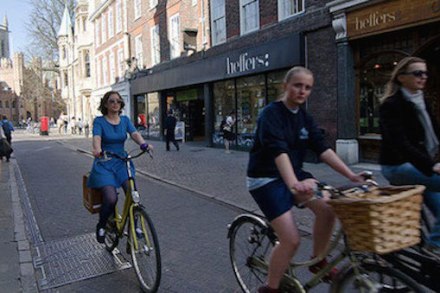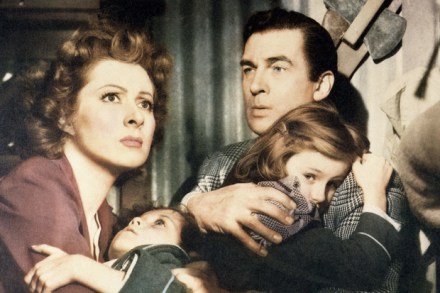I hope and pray that bookshops will survive – somehow
When writing a novel, there comes a time, in the process of gestation and planning, when other books are required. It is almost as though, Middlemarch-like, your little attempt at writing cannot be separated from what others have written. The world is a great web. Books speak to books. They cry out, call, whisper. I find































